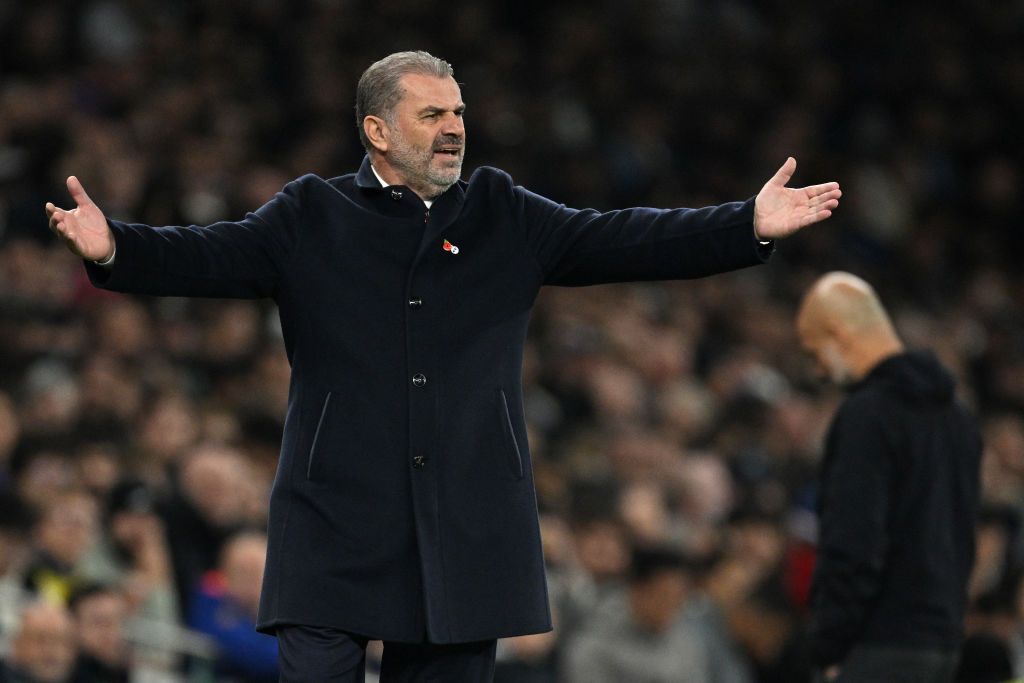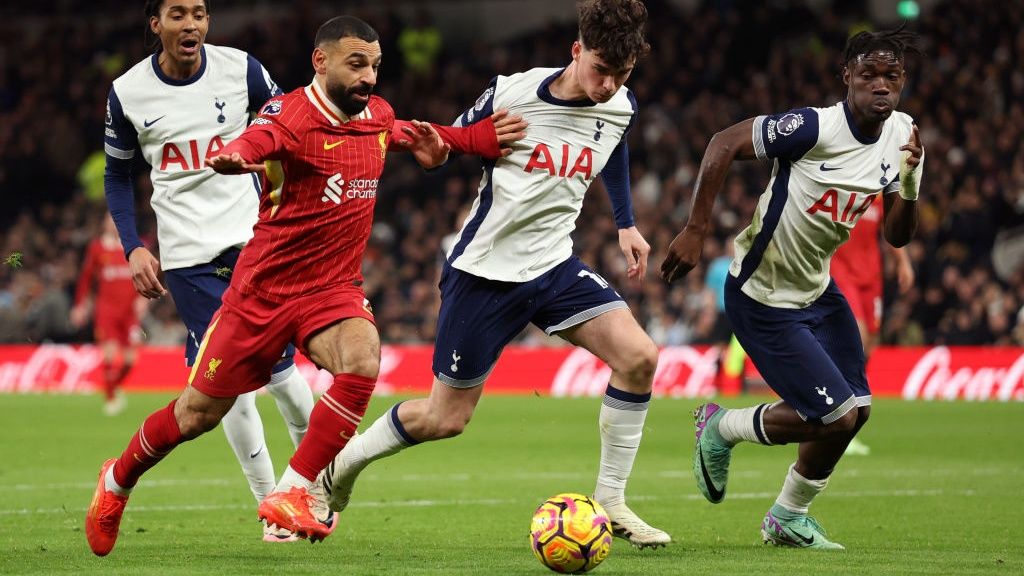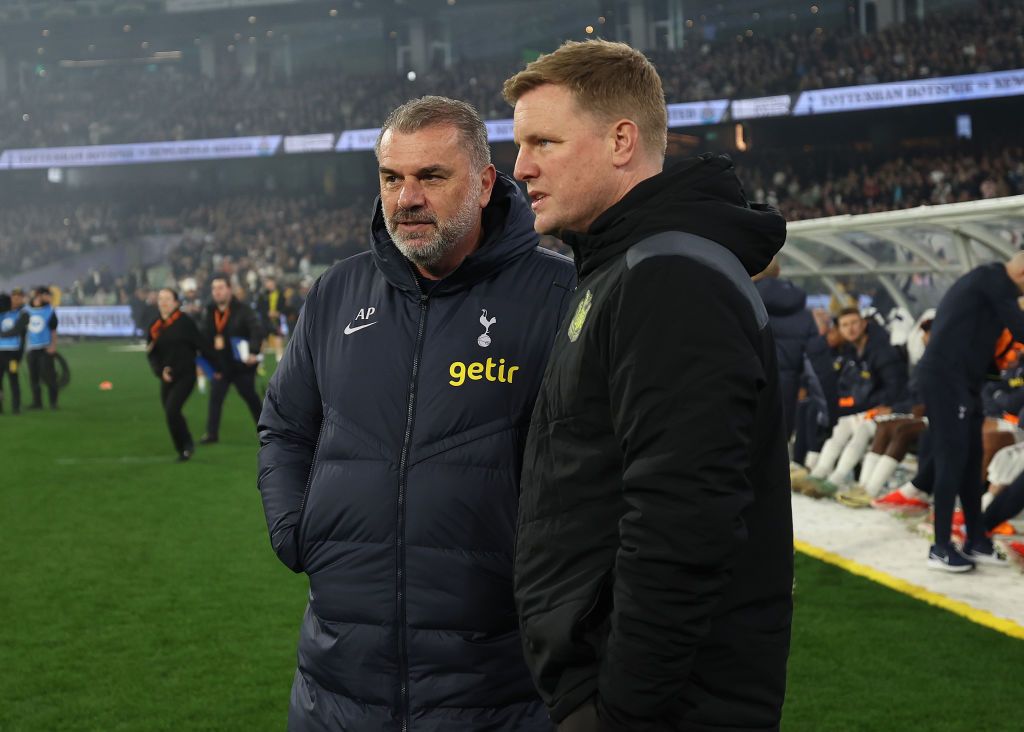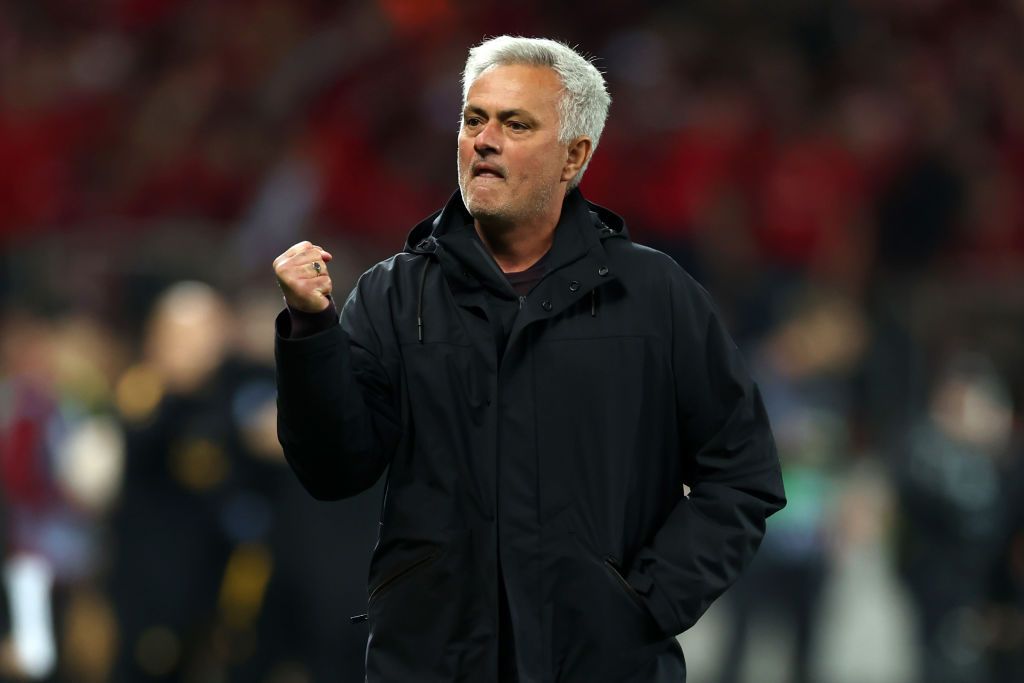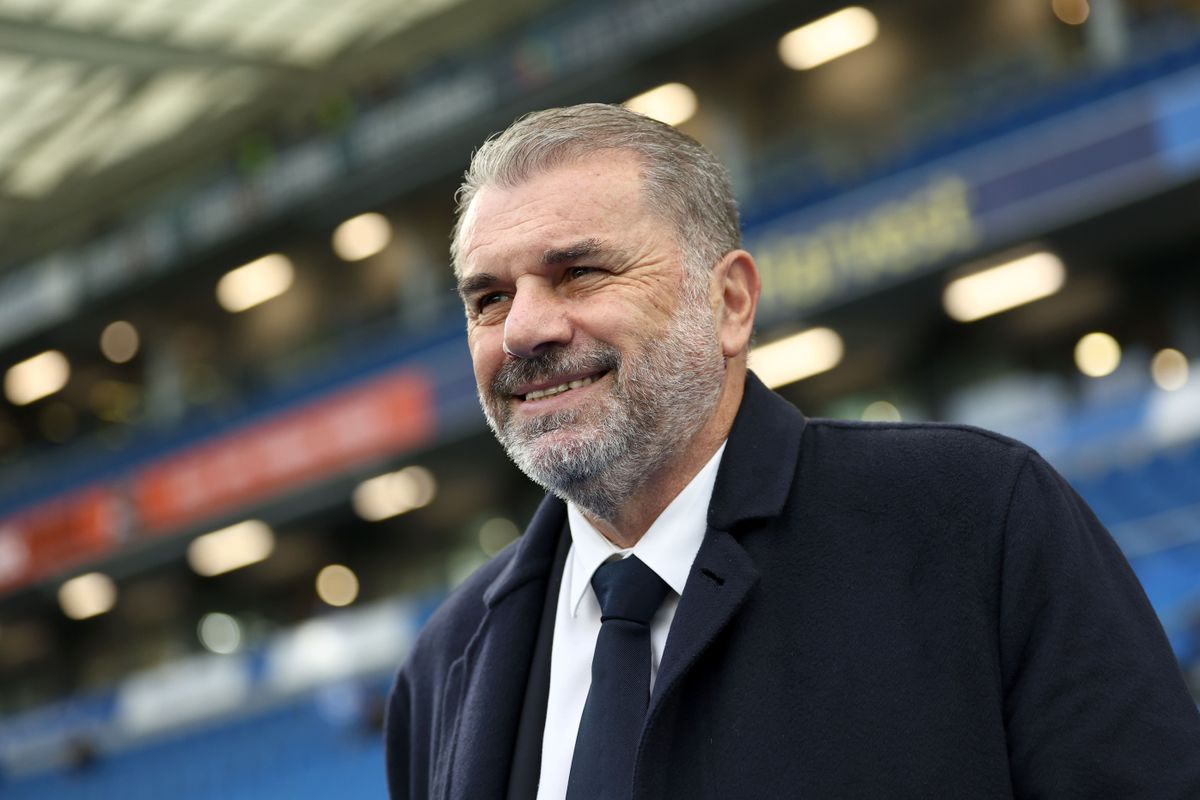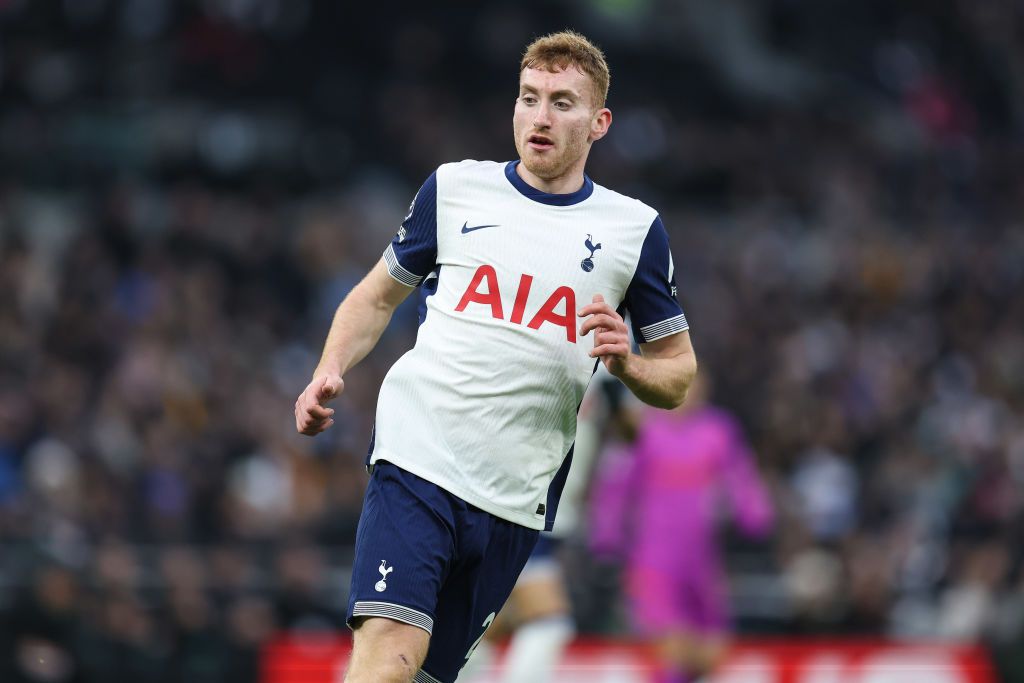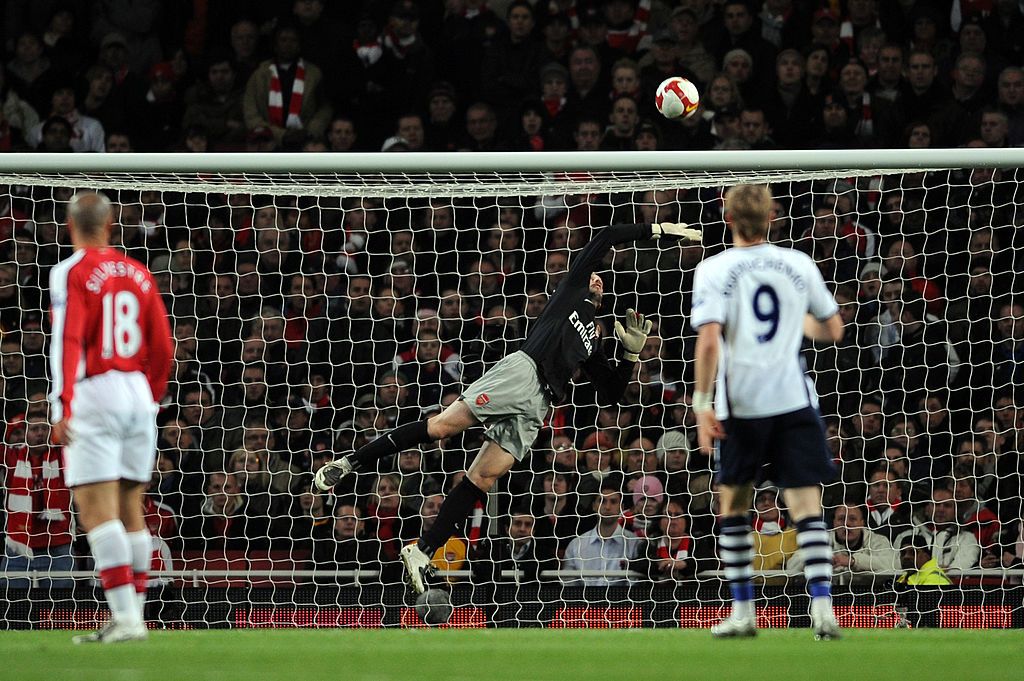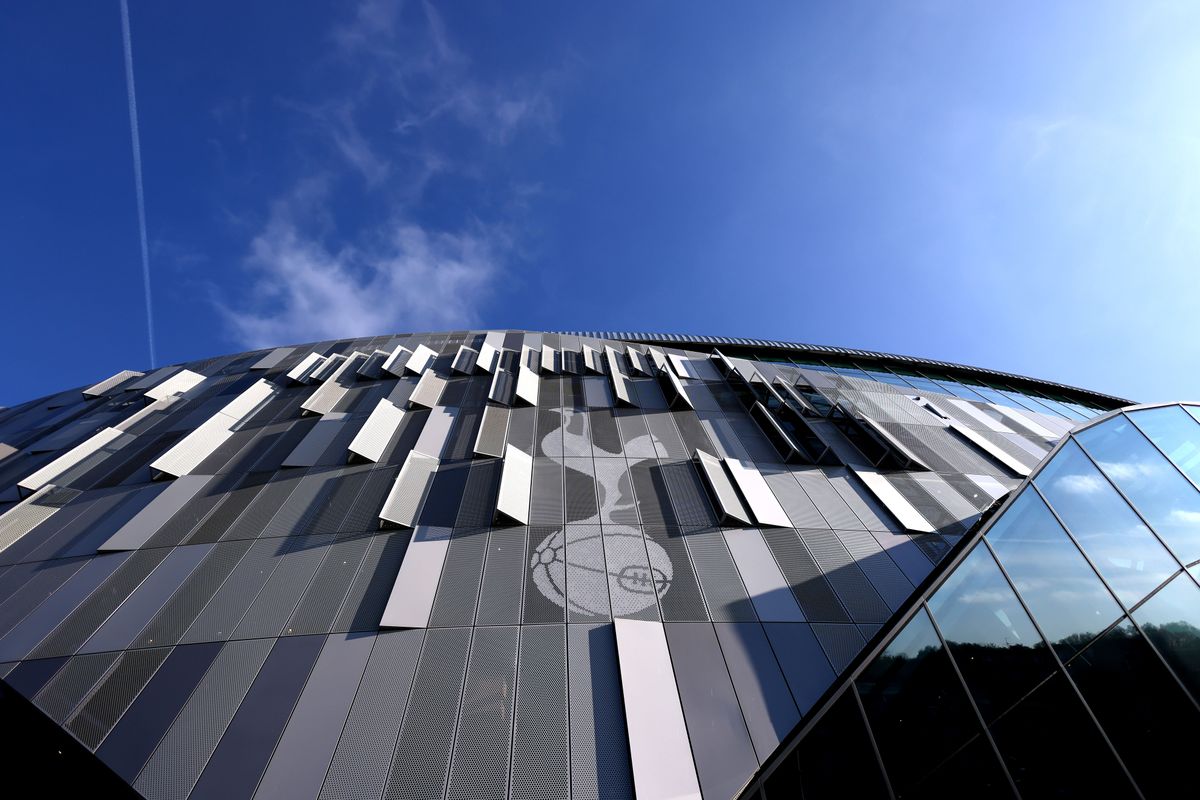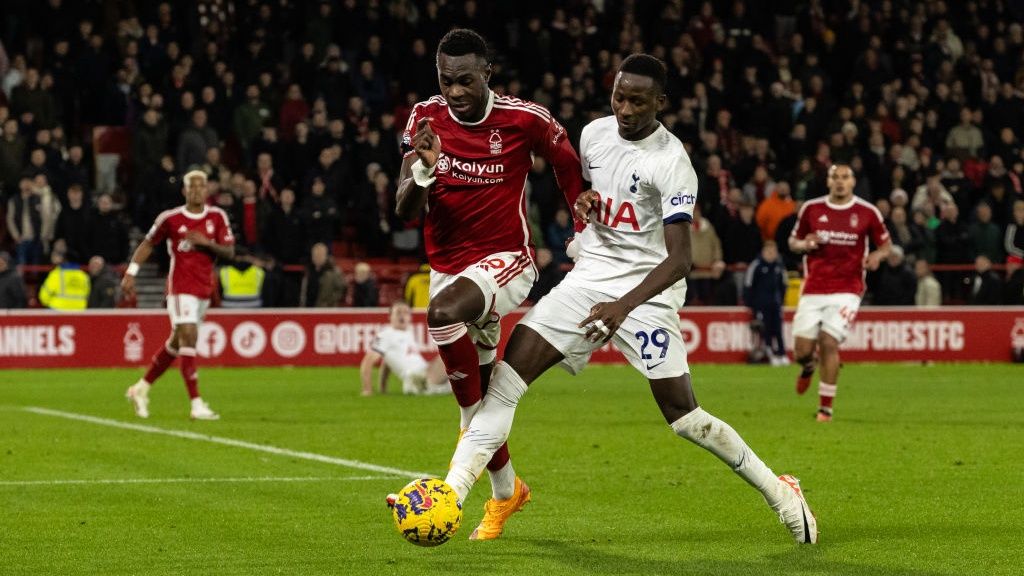'Our team were still sitting at a petrol station in Prague until almost 10pm on New Year’s Eve. The negotiations were intense, stretching late into the night': inside Tottenham Hotspur’s pursuit of An
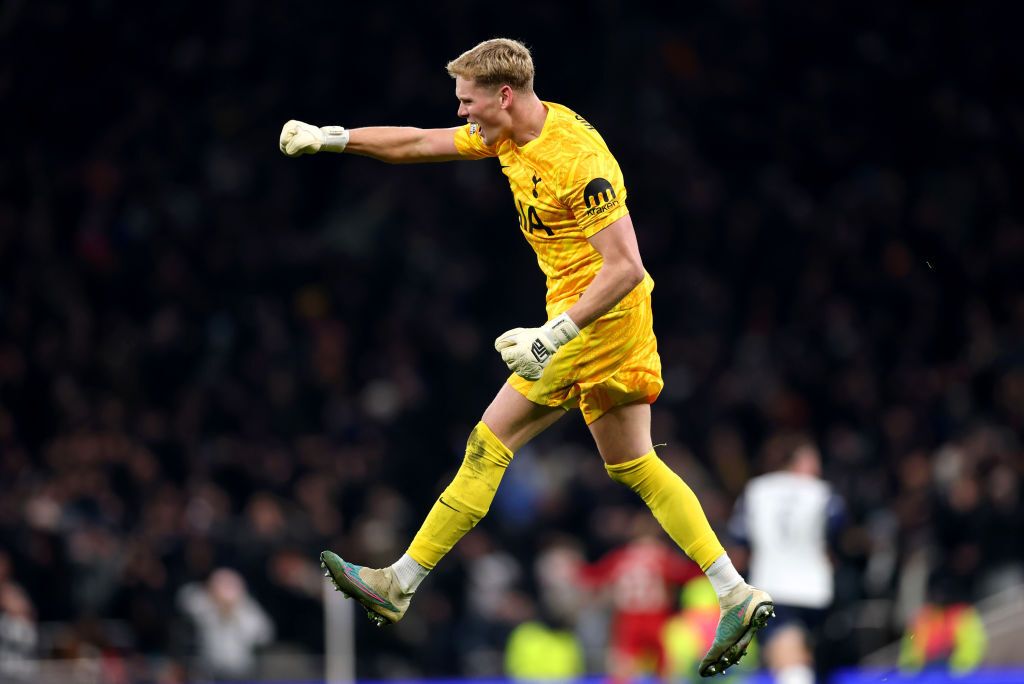
With Guglielmo Vicario adding to their lengthening injury list, Tottenham Hotspur moved quickly to bring in a goalkeeper as soon as the January transfer window opened.
Antonin Kinsky made his debut in Tottenham’s win against Liverpool in the first leg of the Carabao Cup semi-final this week, keeping a clean sheet in a controversial victory at the Tottenham Hotspur Stadium.
Kinsky joined from Slavia Prague and was immediately named in the starting line-up by Spurs manager Ange Postecoglou. It looked a smooth process from the outside but there’s serious work that goes into making big transfers happen, and Kinsky’s agent has revealed how this one got over the line.
Daniel Levy’s personal touch
Kinsky is represented by Viktor Kolar and SPORT INVEST International, who also count Fikayo Tomori and many leading Czech players among their clients. Kolar spoke exclusively to Flashscore to shine a light on the gritty magic of transfer talks with Tottenham.
“Our team was still sitting at a petrol station in Prague until almost 10pm of December 31, because everything was closed on New Year’s Eve and the subsequent development was that on January 1, [Spurs chairman] Daniel Levy flew in himself and the two-day negotiations in Prague began,” Kolar revealed.
“The negotiations were intense, stretching late into the night,” continued Kolar. “But it worked, and I’m happy about that. It was a beautiful test to see if people and organisations this dominant can find their way to each other.”
Tottenham technical director Johan Lange was also involved in talks. The club’s scouts were bullish about Kinsky, so much so that his reported £13.3 million fee is a new record for a Czech goalkeeper.
Spurs were an attractive option for Kinsky and Kolar, and the agent told Flashscore that the club’s plan for his player helped them get the deal done.
“They described and presented to us how well they know Antonin, how his way of playing suits Tottenham’s game, their game model that they want to implement and what Ange Postecoglou is promoting. So we were convinced that this was the right step.”
Flashscore also spoke to Oxford City Stars goaltender Petr Cech, who played 443 times in the Premier League and collected 124 international caps for the Czech Republic.
“I remember the moment when Antonin Kinsky was still played for the national team Under-16s,” said the former Chelsea goalkeeper, at the time the Blues’ technical director.
“You could see that he was strong, with his legs, you could see that he actually had a good starting position and he was actually helping his team at the back to launch attacks.”
Kinsky is in line to make a blockbuster Premier League debut when Spurs visit Arsenal in the North London derby next Wednesday.
